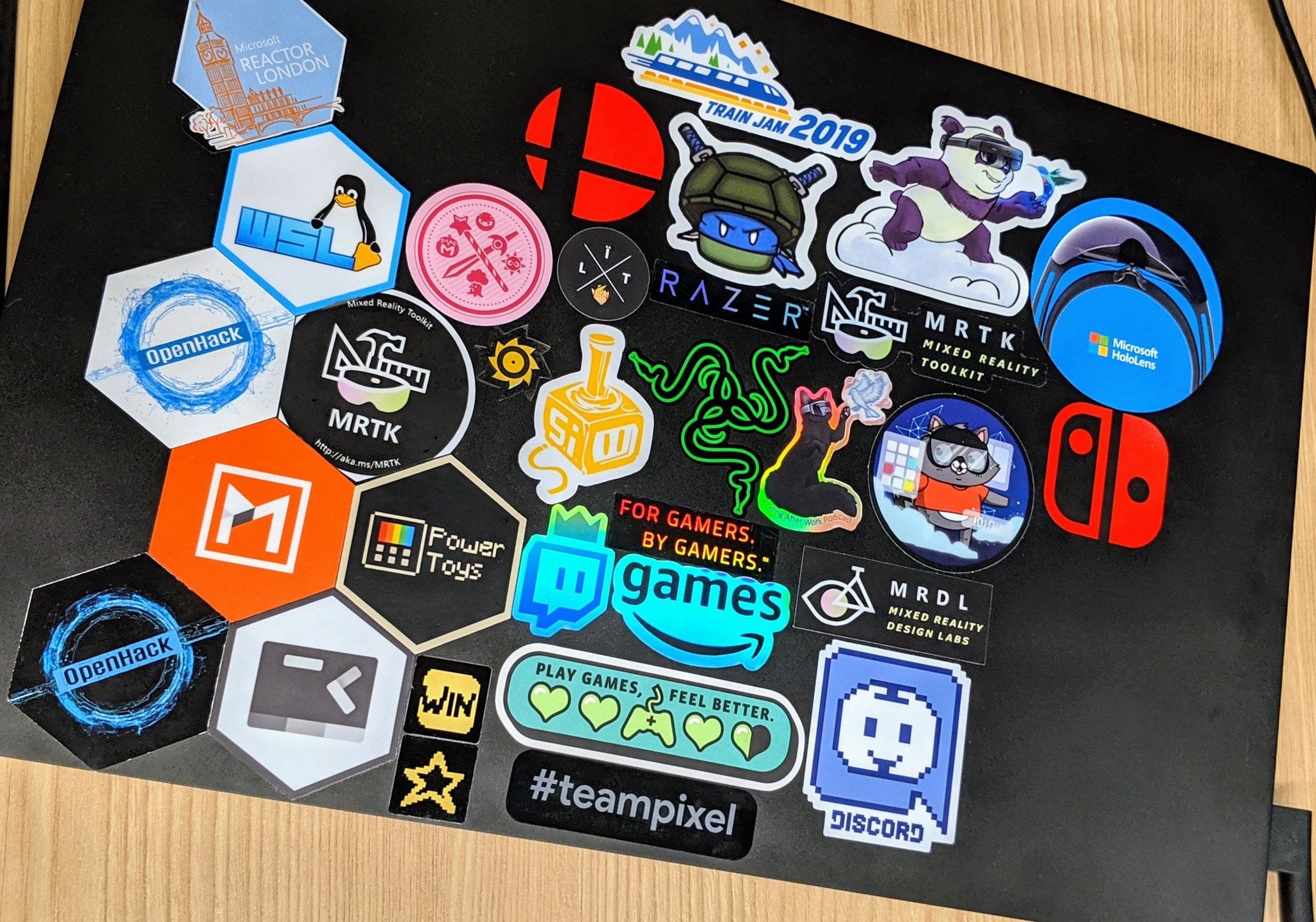Relentless studying of textbooks and notes can take a toll on your mental health. It can leave you bored and make it harder to understand the material you’re studying. Luckily, in the world of video games lies your escape, your secret weapon against study monotony. When done sensibly, video games are not just fun but also an effective way to reinvigorate your learning journey. So, ready your controller because here’s how you can use video games to level up your study routine.
Choose Wisely
Select video games that you find enjoyable but not overly addictive. Those that can be completed in short sessions are often more suitable for study breaks. To select such video games, read reviews and check their ratings. This can give you an idea of whether it is well-received and likely to be addictive.
Those with levels, missions, or a story mode often provide natural stopping points or progress in shorter periods, making it easier to stick to your schedule. Remember, it’s important to choose games that strike the right balance between enjoyment and avoiding addiction. This is crucial for a healthy gaming experience. Reading views and testimonials is also a great strategy for ensuring you choose a reputable college paper writing service.
Use Video Games as a Reward
Students in all academic levels can use video games as a reward for achieving their study goals. Besides, knowing that something fun awaits you after completing tasks can serve as motivation. The trick is to define the criteria for earning your gaming reward.
For example, you might reward yourself with 30 minutes of gaming for every completed chapter or after a productive two-hour study session. For this strategy to work, it’s essential to choose a video game you’re genuinely excited about, as this will enhance the motivational aspect. To avoid overindulgence in gaming, set alarms or timers. That way, when the study session ends, you can redeem your gaming reward.
Stay Accountable
Staying accountable when using games to break study monotony is essential to ensure that gaming doesn’t become a distraction. To do that, set goals before you begin studying so that you can focus on what needs to be accomplished. You can also study with a friend or group to stay accountable. Then, set mutual goals and use gaming as a reward for both of you once those goals are met.
After each study session and gaming break, reflect on your productivity. Did you meet your study goals? Did the gaming break help refresh you for the next study session? But be flexible with this approach. If gaming becomes a distraction rather than a reward, consider adjusting your study or gaming routine. Ultimately, staying accountable requires self-discipline. So, remind yourself of your long-term goals and the importance of effective study habits.
Stay Active
If possible, choose active or motion-controlled games that get you moving. Games like dancing, fitness, or sports simulations can provide a refreshing break and boost your energy. Additionally, physical movement increases blood flow and oxygen to the brain. Thus helping you stay more focused and engaged in your study material.
Active video games also stimulate the release of dopamine, which can enhance cognitive function. They also improve memory and problem-solving abilities, leading to more effective studying. An active video game can also act as a stress reliever, promoting relaxation and a better mental state. As a result, when students return to the study material after an active gaming break, they approach problems with fresh perspectives and ideas, leading to a more productive study session.
Prioritize Educational or Skill-Building Games
Experts recommend students try different game genres to find what suits them best. Whether it’s puzzle games, strategy games, or simulations, there are many options to explore. However, when using video games to break study monotony, those with educational or skill-building components can yield better results. That’s because educational games make learning more engaging and enjoyable. They infuse a sense of fun and excitement into a study routine, making it easier to stay motivated and interested in learning.
Education games also sharpen cognitive skills valuable in your academic pursuits and personal as well as professional life. The trick is to pick games that align with the subjects you’re studying. For example, there are language-learning apps, math games, and history simulations that can help reinforce your knowledge.
If you need help comprehending a specific topic, pay for someone to write essay and get a chance to learn from a subject expert.
Follow Proper Time management
Alternating between studying and active gaming can break the monotony of long study sessions. This balance can help prevent burnout and maintain your motivation. However, to achieve balance, students should allocate a designated break time for gaming. It could be a 15-minute break between study sessions or a longer reward session after a few hours of focused work.
Stick to the planned schedule to prevent overindulgence. In addition, ensure that your gaming sessions don’t become distractions themselves. To do that, turn off notifications on your gaming devices and avoid games that are highly addictive or time-consuming. Be mindful of not spending excessive time playing games during a study break. To ensure that doesn’t happen, set clear limits on how much time you allocate for gaming, and stick to these limits to avoid compromising your other academic responsibilities.
Go for Mindfulness Breaks
Mindfulness breaks are essential for maintaining overall well-being and productivity in a fast-paced life. Video games that provide calming and mindful experiences can help students relax and de-stress. Thus serving as enjoyable breaks without overstimulating your brain. This is necessary during studying because an overwhelmed brain can lead to heightened stress levels, making it difficult to manage academic responsibilities.
Overstimulating your brain also causes mental exhaustion, making it challenging to focus on academic tasks. This can hinder learning and productivity. Overall, incorporating mindfulness breaks into a student’s daily routine can have a profound impact on overall quality of life. For instance, virtual nature exploration games allow students to immerse in serene natural environments. Therefore helping to relax and reconnect with the beauty of the natural world.




